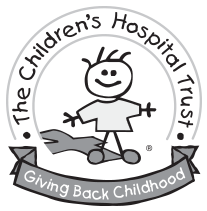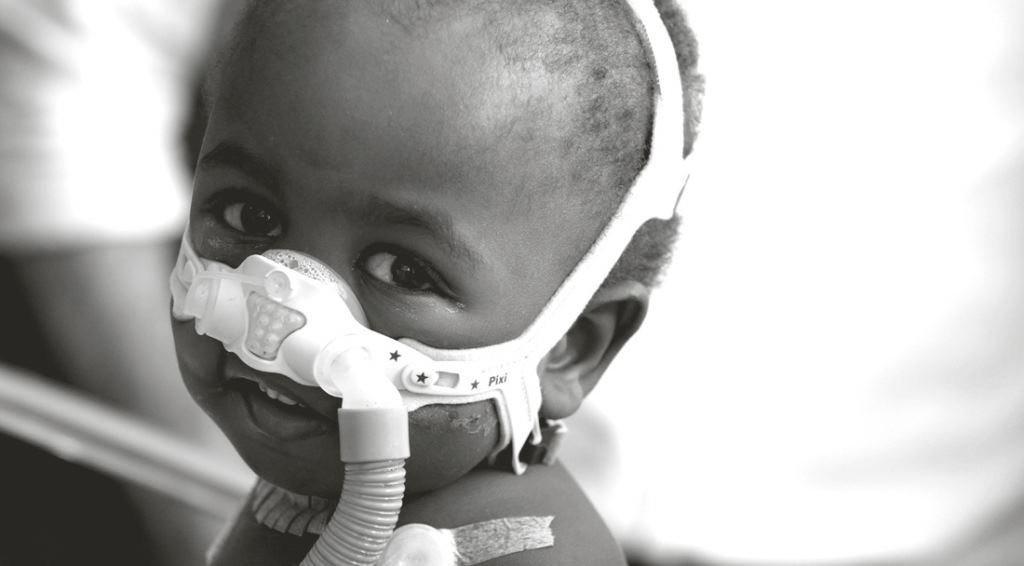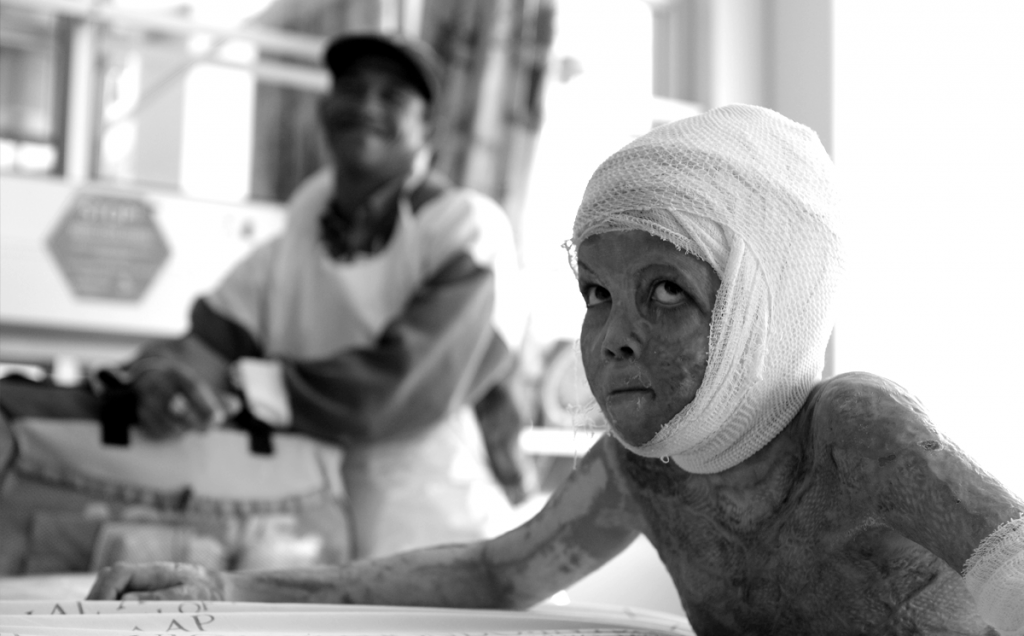Red Cross War Memorial Children’s Hospital – The Paediatric Intensive Care Unit (PICU)
The Red Cross War Memorial Children’s Hospital in Cape Town is one of the leading children’s hospitals in the world and the largest stand-alone paediatric hospital in sub-Saharan Africa, renowned for its treatment, research and training programmes. The majority of the hospital’s patients are from exceptionally poor and marginalised communities in the Western Cape Province and one third of patients are younger than one years old.
Its Paediatric Intensive Care Unit (PICU) deals with complex cases on a daily basis, including cardiac (250 – 300 cases per year), neonatal surgery (on the smallest of children, weighing only 700grams), neurosurgery, trauma and burns (50 – 60 per annum), tracheostomies and respiratory and neurological conditions. It has achieved exceptional results, including:
- A dramatic decrease in the mortality rate of children with burns and head injuries (accounts for the majority of trauma-related death and disability in South Africa)
- Optimised care for children with HIV with a less than 15 per cent mortality rate whereas previously most children with HIV died.
However, the PICU is chronically under-resourced and is in desperate need of further investment. With over 1.7 million children in the Western Cape, the number of cases referred to the hospital has increased dramatically in the last decade, as has the corresponding number and complexity of paediatric intensive care cases. Currently, there are not enough paediatric intensive care beds, within the Western Cape. The current PICU at the Hospital has 22 of those beds with close to 100% occupancy. The demand for a bed has reached a point where many children each year have had their scheduled surgeries cancelled as a result of the shortage of space.
How will the Quercus Foundation address this need?
The Quercus Foundation is committed to raising £1.8million to build the new post-operative surgical wing by December 2017 and to enable the hospital to meet the increasing demand for specialised care for critically ill children. Having a child in a Paediatric Intensive Care Unit (PICU) is a terrifying experience for the child and their family. Working with the Hospital and the Children’s Hospital Trust, we will ensure that the hospital is delivering care to the highest global standards, by:
- Expanding bed capacity to 39 beds and increasing bed spacing to reduce the risk of cross infections between patients
- Improving parent facilities and providing space for families to stay with their children – there are only two beds available now but with 100% occupancy there is a dire need for more
- Creating four isolation units to protect children from cross infections – currently clinicians do not have access to specialist equipment to help patients with compromised immune systems or who are contagious and carrying new germs that endanger medical staff and other patients
- Improving the quality of medical and electrical services provided per bed
- Creating a work station for nursing and support staff
- Ensuring a distinct medical and surgical wing with a bed layout that aids patient supervision
- Creating a workshop for repairs and storage space for Clinical Technologists and specialised equipment.
Meet two incredible children we shared time with at Red Cross War Memorial Children’s Hospital in Cape Town.
Limile’s Story
Three-year old Limile Tsodo was born with kidney dysplasia and needs a new kidney. He has already been admitted to the PICU three times, most recent for a week following an operation on his parathyroid glands. After each operation, Limile needs to be in an isolation ward to prevent infection, however, as there are none, he is admitted to the smallest ward to try and protect him.
Limile may be physically tiny but he already speaks three languages and has an impressive grasp of medical vocabulary thanks to his time in hospital, which has become a second home for him and his whole family. For them it is a waiting game of ventilators, needles and dialysis until a kidney becomes available. Luckily for him, as his father Luthando says: “It is a privilege for Limile to be treated here where there is such demand for beds. We are very aware of the severity of his kidney problems, but we put our hope in the doctors and pray. The doctors and nurses are very passionate about what they are doing and they have our utmost respect and support”.
Despite numerous tubes, breathing devices, needles and medicine, Limile is doing his family proud with his enormous spirit and enchanting personality. Luthando says, “I just hope he will get better. I just want to see him running around with other children and interacting and playing.”
Me-Kyle’s Story
Me-Kyle Samson spent over three weeks in the Paediatric Intensive Care Unit (PICU) with 40% burns over his head, chest and legs. He needed isolation for protection against cross-infection and other children from the trauma of witnessing his extreme distress as doctors washed, cleaned and dressed his wounds.
His father Karel, who found his eleven year-old son burnt beyond recognition after an electric substation exploded in their Paarl neighbourhood, visited Me-Kyle in PICU for the first time and “wanted to cry, there were so many bandages. I didn’t know what happened. I just knew that he would never be the same again. I was shocked by all the beeping machines and the very sick children in the ICU.”
Karel kept vigil 24/7, joined at the weekends by Me-Kyle’s mother. They were dependent on the desperately inadequate facilities for families who are trying to look after their children whilst managing their own shock and trauma. There are so few beds for parents for a ward of 22 patients. Otherwise, it’s a stool next to the patient’s bed or a dark, dreary parent’s waiting area.
Several months later and Me-Kyle is still a resident at the Hospital. He now accompanies doctors on their rounds and has become something of an expert of burns dressings (even offering advice to the doctors!) Ask him what he wants to be and he will now tell you a ‘Professor of Medicine’.






